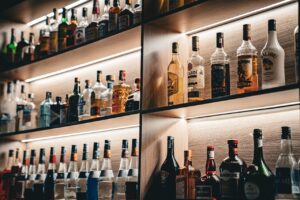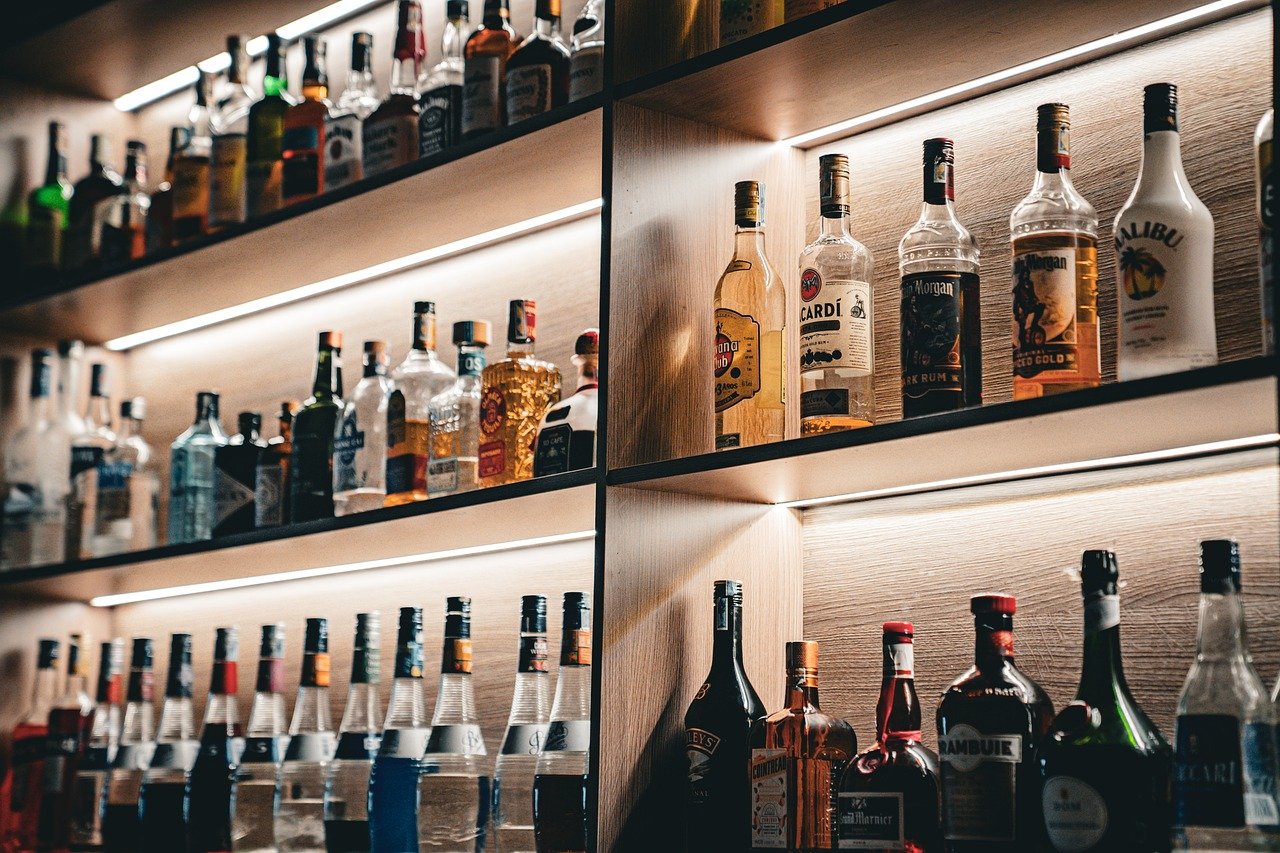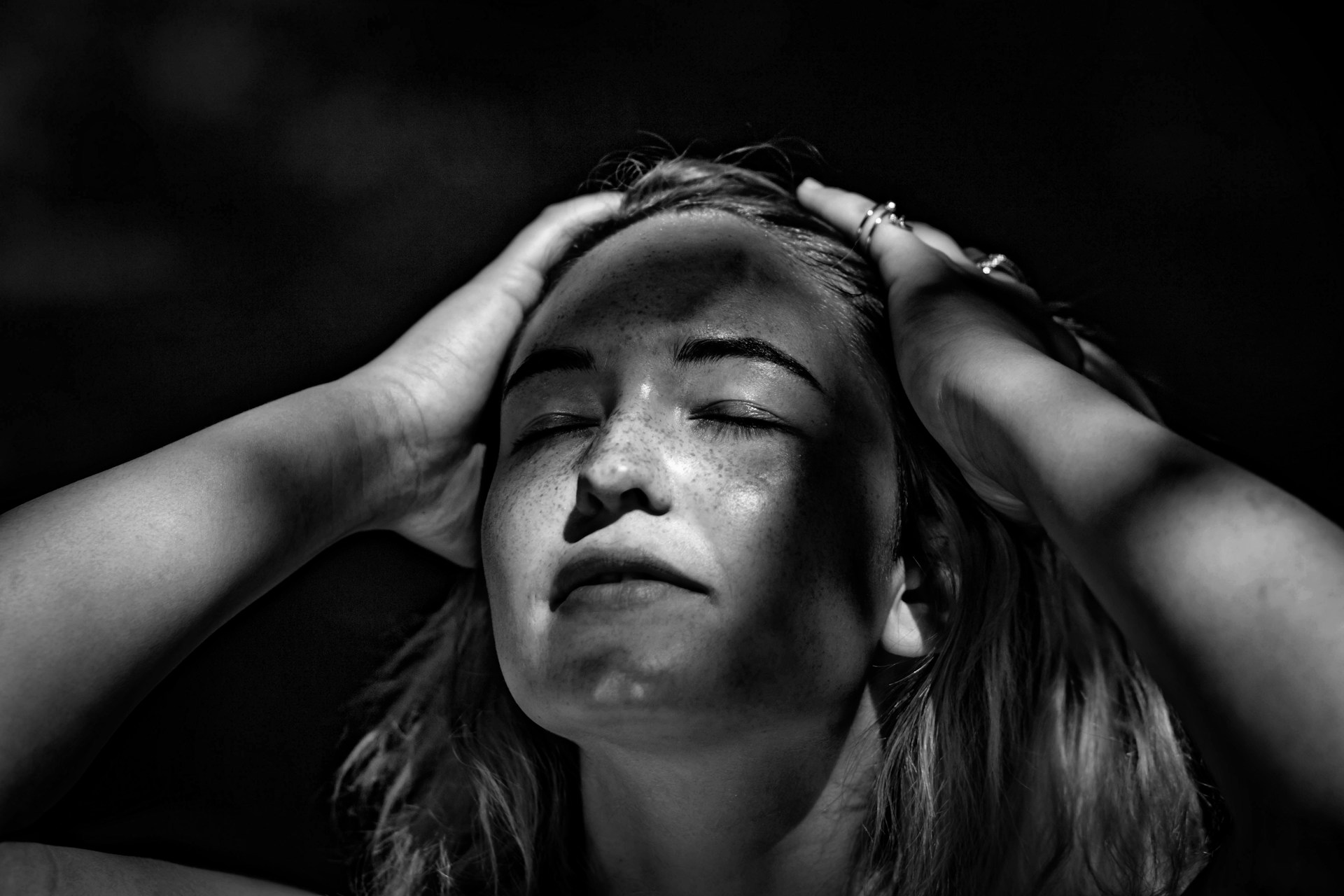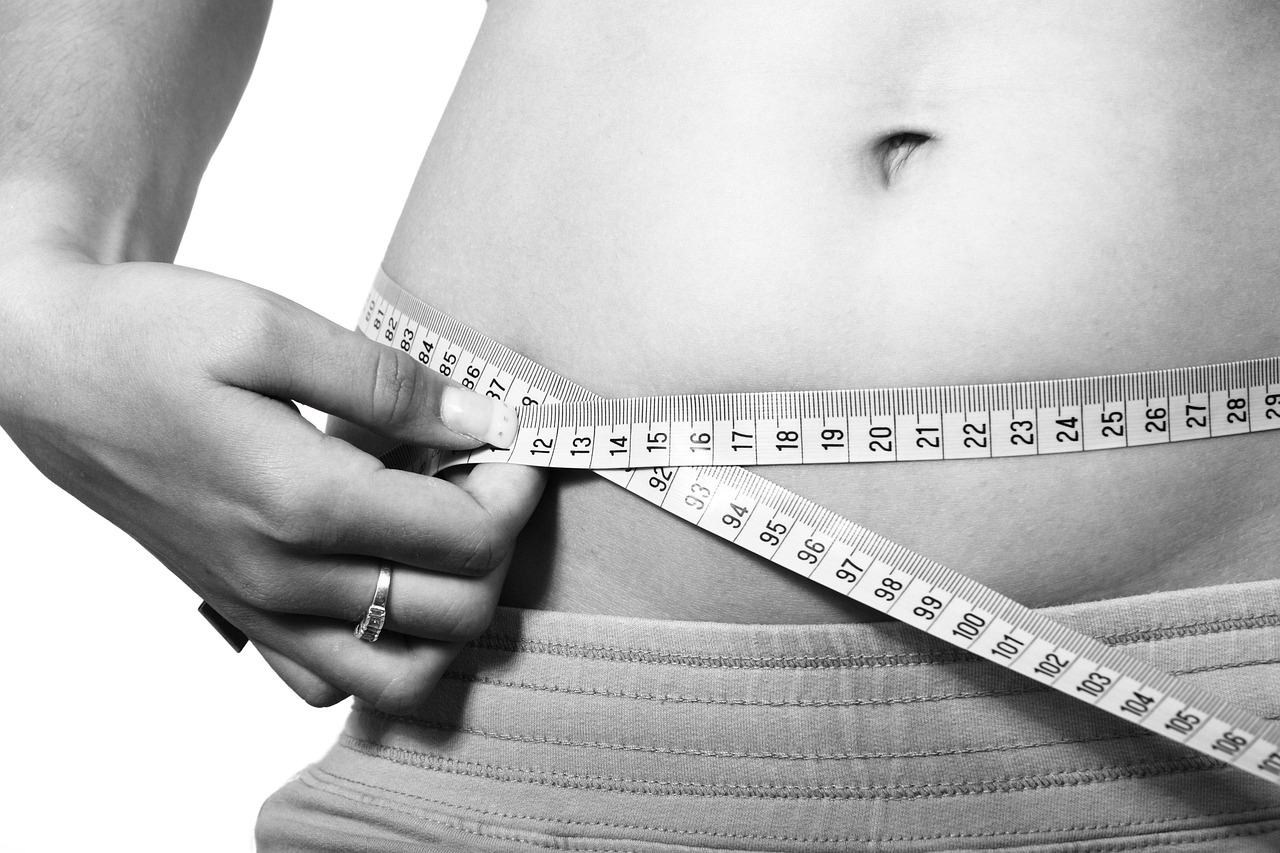What Alcohol Really Does to Your Body
Alcohol is the most used drug in our society, and since it is so easy to get, most people do not consider it a drug. But he is; and if it is misused, it can cause a lot of damage to your body.
- Alcohol does not act as a stimulant but actually has a calming – depressing effect on the central nervous system.
- It is able to destroy veins.
- It does not warm you up, but causes you to feel colder, increasing sweating and loss of body heat.
- It destroys the brain cells causing the withdrawal of the necessary water from them.
- It deprives your body of vitamins B1, B2, B6, B12, folic acid, Vitamin C, Vitamin K, zinc, magnesium and potassium.
- Four cups of drink a day can cause organ damage.
- Alcohol can disrupt the liver’s ability to process fats.

What do you drink and when?
Don’t be fooled by the fact that the alcohol content in different drinks is different. Beer indeed has only about 4 percent alcohol, wine about 12 percent, and whiskey up to 50 percent; but a can of beer, a glass of wine and a glass of whiskey have, in fact, equal stupefying power. In other words, four cans of beer can make you as drunk as four shots of tequila.
One cup of a strong drink for breakfast is more harmful than a strong whiskey for dinner.
Surprisingly, the type of drink is not nearly as important as the time you drink it. Dr. John D. Palmer from the University of Massachusetts reports that the length of time alcohol remains circulating in your body changes throughout the day. This, of course, means that the longer alcohol spends in your blood, the more time it has to act on your brain cells. Between 2 a.m. and noon is the most inconvenient time, and in the late afternoon and early morning, it is the least dangerous to take alcohol. A cocktail at lunch will burn 25 percent faster than a glass of a strong drink at breakfast, and the last drink at a party, taken after midnight, will be metabolized relatively slower than those that preceded it and will result in a longer-lasting increase in the amount of alcohol in the blood.
Vitamins that reduce your alcohol cravings
Drinkers can kick the habit.
Research at the University of Texas has shown that if alcoholic mice are given food rich in nutrients, vitamin-enriched food, they quickly lose interest in alcohol. This seems to be the case with humans as well, as heavy drinkers have been able to break the habit – even lose interest in alcohol – with proper nutrition and nutritional supplements. Vitamins A, D, E, and C and all B vitamins – especially B12 B6, and B1 – with dolomite, choline, inositol, niacin, and a diet with a lot of protein gave the best results. Dr. H.L. Newbold from New York, who has worked with alcoholics, recommends increasing the dose to 5 capsules of glutamine (200mg) – not glutamic acid – three times a day to establish control over drinking, and consultation with a doctor focused on nutrition for the best overall balance.
In experiments conducted by the Veterans Administration, tryptophan supplementation, given in higher concentrations than is the case in the diet, helped alcoholics to establish normal sleep by reducing or normalizing the proportion of dreaming (REM). Since it has been shown that serotonin, a natural substance that has a calming effect on the brain, decreases with alcoholism, tryptophan (500mg to 3g is recommended before bedtime) helps alcoholics not to drink, freeing them from some of the symptoms of chemical disorders in the body associated with alcohol consumption.














Post Comment